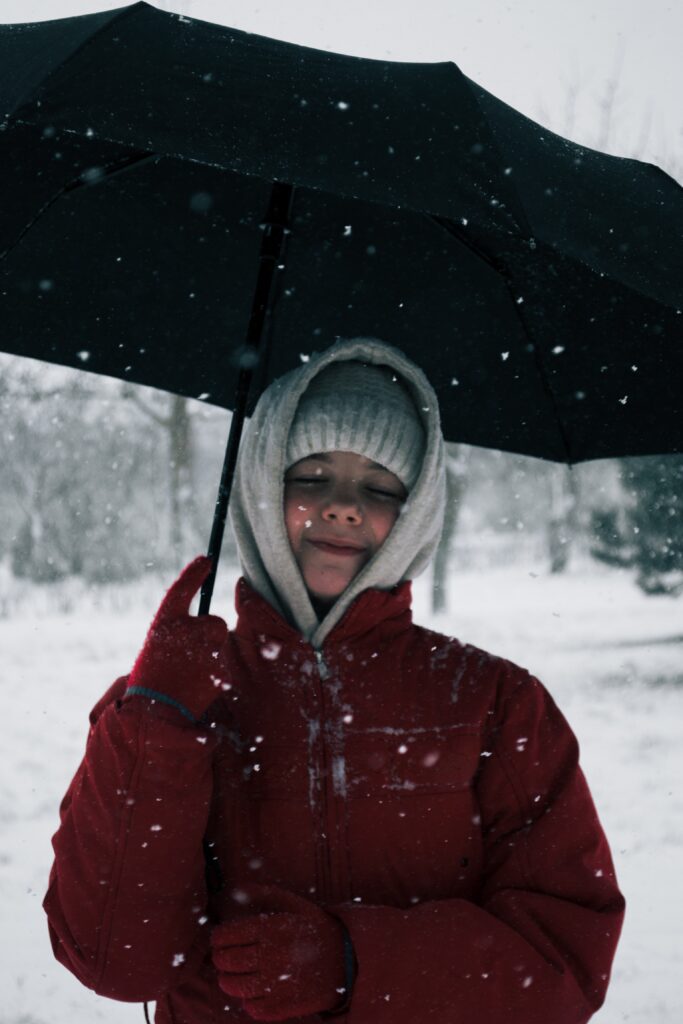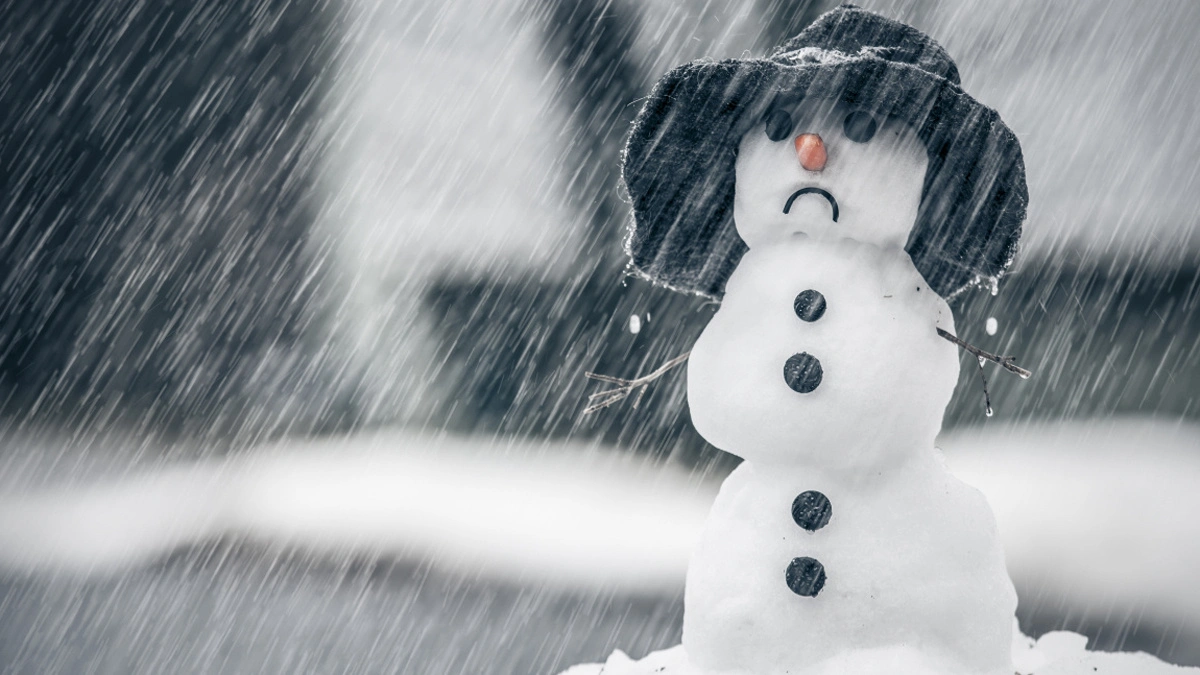Cover Image: tchc.org
So, what is the winter blues? You might know it by its “stage name”, which is seasonal depression, or seasonal affective disorder (SAD). This is a term that gets thrown around a lot in social media, and without a correct explanation of what it actually means people can naturally begin to self-diagnose. Symptoms of seasonal depression can differ from person to person, but the most commonly found are having low energy, noticeable changes in sleep pattern and appetite, difficulty concentrating and feeling sad almost every day for an extended period of time.
It is obvious that seasonal depression has mostly the same indicators as regular depression, the only difference is that it is connected to the changing of seasons. What most people mistake for SAD is winter blues. However, just as depression is not the same as sadness, SAD is a serious mental illness that interferes with your ability to function in your everyday life, and it should be treated as such. The winter blues, on the other hand, is a much less severe and much more common phenomenon.

Have you ever noticed that in the months of winter, you’re feeling unmotivated, directionless, burnt out, and just generally tend to have a more pessimistic outlook on life? If the answer is no, then you’re a part of the lucky few that aren’t prone to the winter blues. But if your answer was yes, then welcome to the club! The majority of people in the Northern hemisphere experience a feeling of overall sadness and gloom during this time of the year.
So why does this happen specifically in winter? Experts say that shorter daylight hours could be the main cause of the winter blues. For our brain to stop producing melatonin, which is our sleep hormone, it needs natural light to enter through the eye. In the winter, the majority of us make our morning commute to school or work in the dark still, and not being exposed to much light, our melatonin levels are higher, making us sleepier and more lethargic throughout the day. And with the sun setting at around 4-5PM, there’s less natural space for socializing and going outside for some fresh air, both of which are essential for our mental health. Now, while you cannot change these attributes of winter, there are steps you can take to feel happier, more inspired and to cure your winter blues.

Makeshift sunbathing
One of the most important things you can do is actually quite simple – seek out the sun. This can be as small an adjustment as moving a chair or desk to a spot in your apartment that gets more sunlight. Aim to spend at least one or two hours per day in the natural light, and you’ll notice a change in your energy levels and general mood. Another great way to make your brain think it’s summer is using a sauna, which boosts physical as well as mental well-being. If you’re wondering where to access a sauna, luckily Budapest has a great variety of baths you can visit.

Socialize!
Humans are social creatures, as you’ve heard probably one-too-many times by now. But really, it’s true – we need each other not just to survive, but to thrive. During spring and summer, socializing comes almost naturally; nice weather, long days and lots of free time make it remarkably easy to find activities for a friend group to enjoy. In the cold months the circumstances are not exactly in your favor, and it’s much harder to get your friends out of the comfort of their homes. Regardless, you have to try – it’s for the common good.
Get outside
This is likely one of the hardest steps, but one that is important to take. In spite of the biting cold, try and get as much fresh air as possible. Outdoor physical activity boosts endorphins, which are essential in lightening your mood. Something as small as taking a daily walk is enough, but you could use this opportunity to give a go to a winter sport you’ve never tried before.

Look for the good!
Lastly, the importance of a positive outlook needs to be emphasized. If you tend to associate winter with its negative traits, your attention will slip right past the pleasant qualities of this season. I too have spent almost all of my winters longing for spring to come and failed to see what was actually wonderful about this season. Now for every attribute of winter that I hate, I try to find something about it that I enjoy. For example, I cannot stand the cold and gloomy weather, but I’ve found that sunsets in winter are much longer and more beautiful than in any other season. An optimistic view of life is often the key to solving a lot of our problems, and it certainly plays an important role this time.
Whether you’re new to this feeling or you’ve been going through it every winter for multiple years, let this be the year where you embrace what each season has to add to your life. The cold and the dark can seem hard to beat sometimes, but I prefer to think about winter as a fireplace: a celebration of the kind of warmth that only humans can create, however hostile the circumstances.




